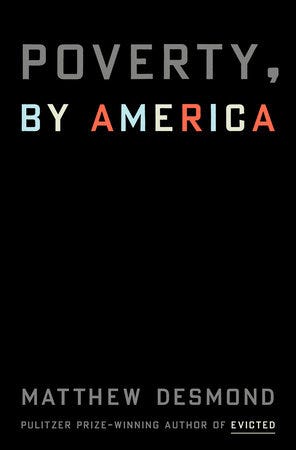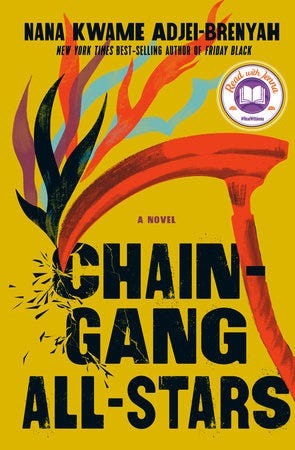The Bandit Queens, by Parini Shroff
Geeta’s abusive husband disappeared five years ago and everyone thinks she had something to do with it. The truth is that she didn’t, but the assumptions that she bumped him off and rumors she might be some kind of witch are helpful — people leave her alone out of fear that she’ll come for them next. And for a woman in her corner of rural India, being left alone is exceedingly valuable. As Shroff writes, “She wasn’t respected here, but she was feared, and fear had been very kind to Geeta.” She’s supporting herself by making jewelry and is saving for a refrigerator when one of the members of her microloan group asks her to off her husband, who is also abusive and spends her loan funds on bootleg liquor. Geeta first refuses, then agrees for reasons of self-preservation. That launches a storyline full of plots to kill men who frankly deserve it, blackmail by women she thought of as compatriots, the possible repair of a long-damaged friendship, a potential romance, and the love of a good dog. This is dark and funny, with a satisfying ending.
Poverty, by America, by Matthew Desmond
The author of the excellent “Evicted” takes on a big question: Why does the U.S. have more poverty than any other advanced democracy? The answer that Desmond lands on is that a lot of people benefit from it. And by “a lot of people,” he means the middle class, upper middle class and the rich. We happily take advantage of our own welfare benefits (the mortgage-interest deduction, tax-advantaged 529 college savings plans), buy opportunities for ourselves and our kids that others cannot possibly afford, and purchase cheap goods from retailers that don’t pay their workers a living wage. “Poverty,” Desmond writes, “isn’t simply the condition of not having enough money. It’s the condition of not having enough choice and being taken advantage of because of that.” His potential solutions include the “low-hanging fruit” of making sure eligible Americans get the aid they’re entitled to (it’s hard to believe the difficulty of the application process is a bug rather than a feature), ensuring states spend welfare aid instead of letting it sit around or misdirecting it to, say, college volleyball facilities, and cracking down on tax cheats. He also calls for increasing the marginal tax rate and for empowering the poor via labor unions and other collective organizations. This is essential, perspective-altering reading no matter your political leanings.
Chain-Gang All-Stars, by Nana Kwame Adjei-Brenyah
This is going to be one of my favorite books of the year. It’s set in the not-too-distant future, in an America where the privatized prison system has become even more grim than it is now, with some prisons using electric shocks to enforce total silence among the incarcerated and guards using weapons that can tap into the neural system to cause pain that’s beyond imagination. To escape a long or life sentence in this hellscape, some prisoners agree to participate in the Criminal Action Penal Entertainment, or CAPE, program. They become Links, making up the modern-day chain gangs that march between the arenas where they participate in pay-per-view battles to the death. If a Link can survive for three years, they’re freed. The story focuses on Loretta Thurwar, who is coming up on the end of her term as a Link, and her teammate/lover Hamara “Hurricane Staxxx” Stacker, as they inch their way toward Thurwar’s final match. But as we can see from the multiple perspectives shown in the book, it’s not going to be simple. The story is fiction, but the footnotes about what actually happens in the carceral system are absolutely true. This is a searing page-turner.





